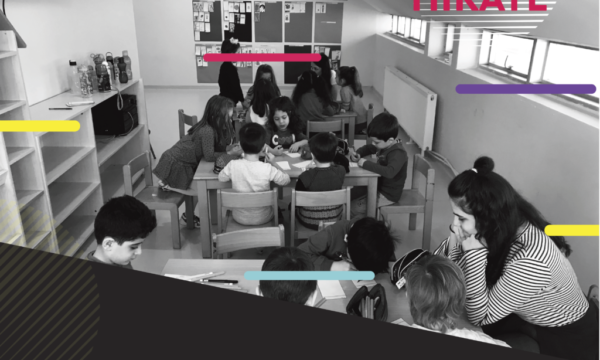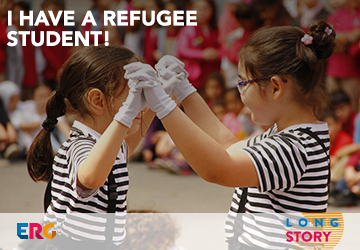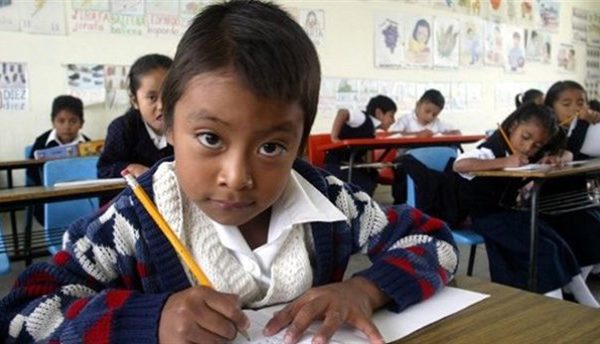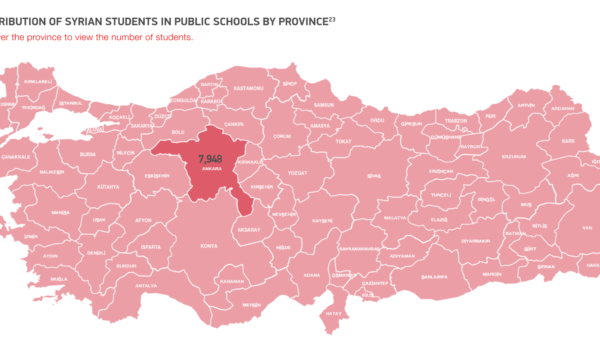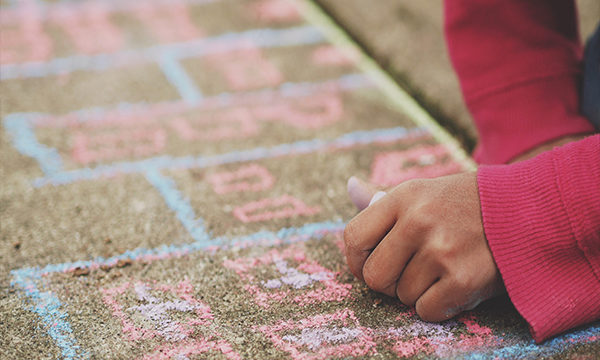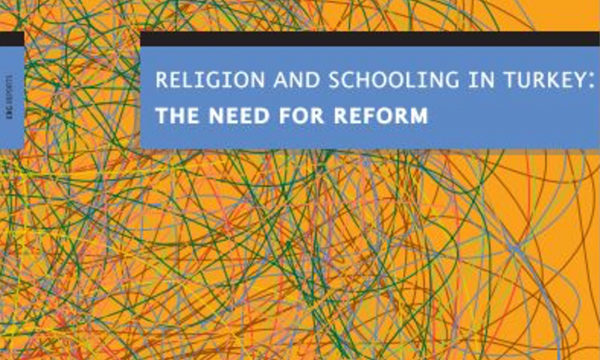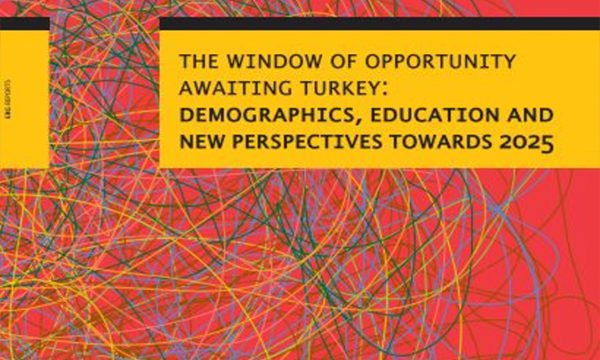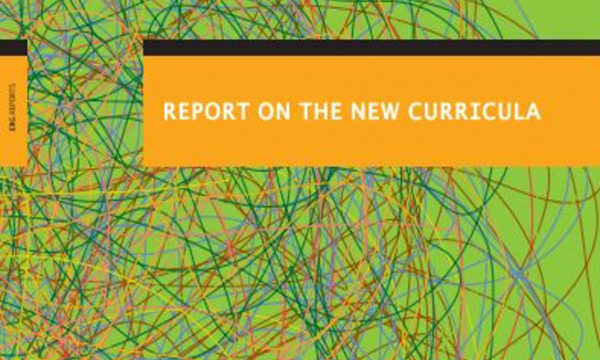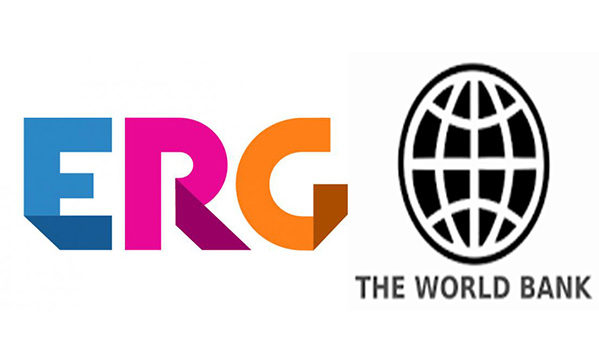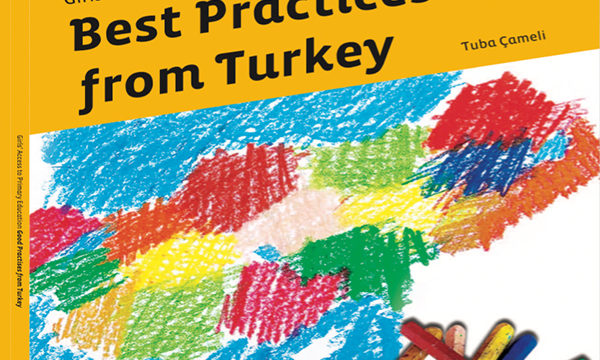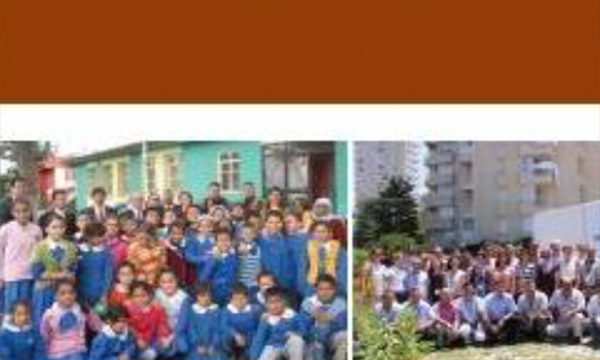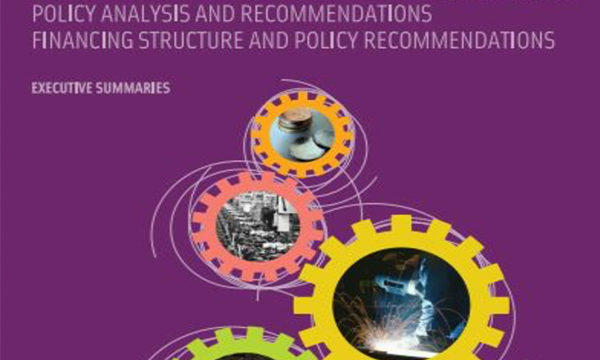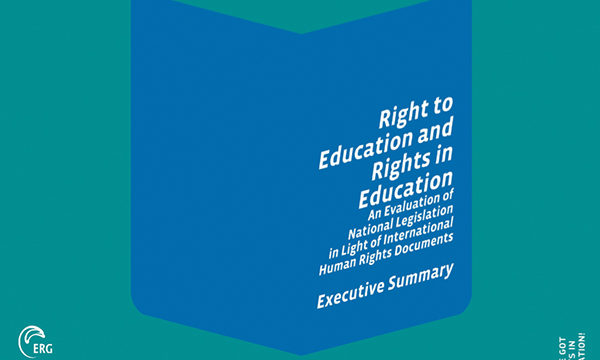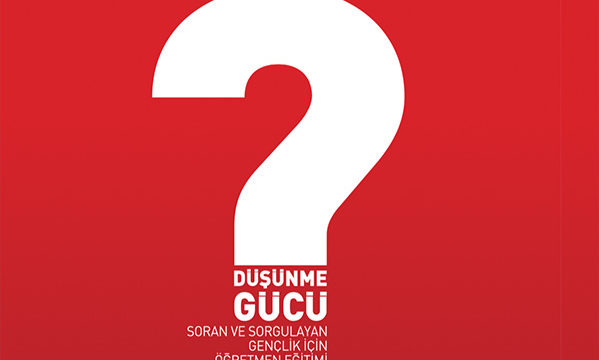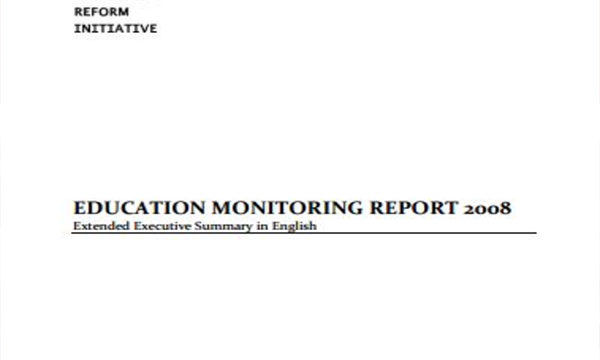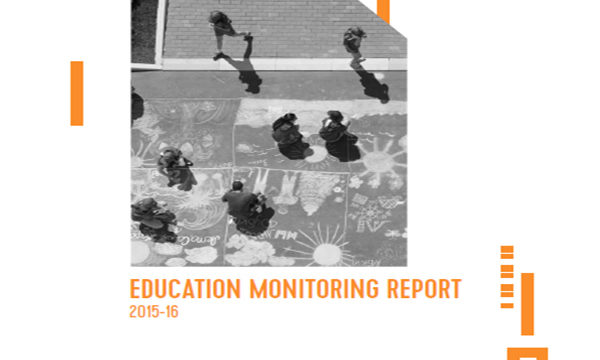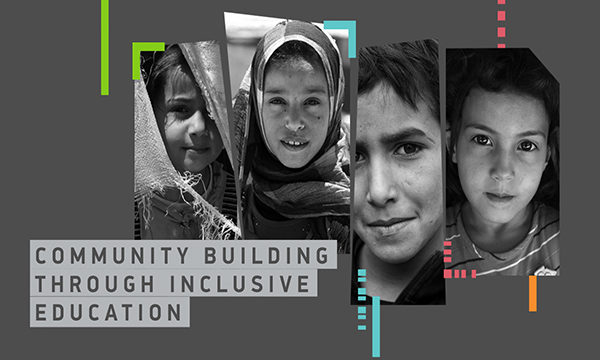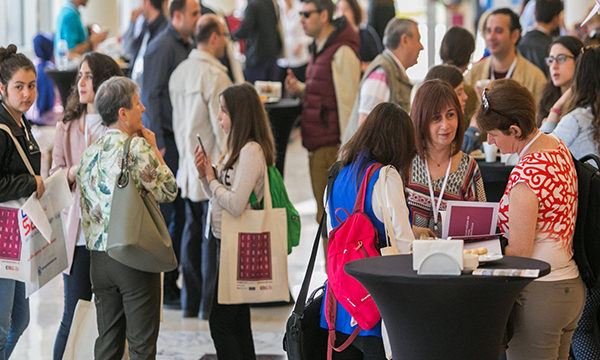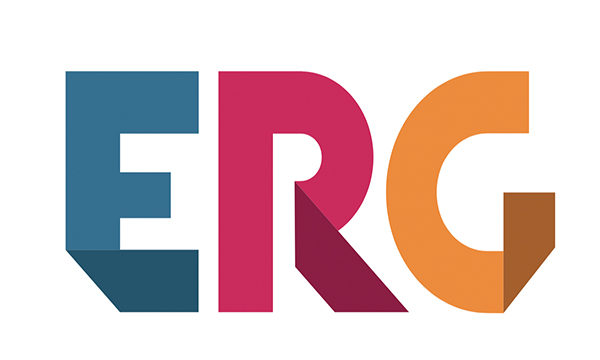There comes a humbling and proud moment in most parents’ lives when they are suddenly faced with the fact that they are no longer the fount of all knowledge for their children. The little ones are attending school, learning a lot and may already know more about specific topics than they do. Parents realize their children are the future. The new replace the old.
For me this defining moment came when my eldest daughter, aged about six at the time, guided us through the Egyptology section of New York’s Metropolitan Museum after studying ancient Egypt in pre-school. With supreme confidence, she told us how the Egyptians used the utensils on display to bake bread, and we had to bow to her newly discovered expertise.
In Turkey, a generational shift seems to be happening on a grand scale, nationwide. It is not just within families that children are becoming more assertive and knowledgeable. At all levels in society, traditional hierarchies are being challenged.
Lawmakers, who used to operate unchallenged within closed circles, are learning to cooperate with civic interest groups that have acquired professional lobbying skills. Adjustments, at times difficult and painful, are required on all sides: Paternalistic politicians are revising their perception of civil society while nongovernmental organizations learn to work with, rather than against, the authorities.
This rearranging of power structures, evolving from a top-down approach toward a more horizontal cooperation across society, is set to accelerate in the coming years due to a fundamental change in education.
As Neyyir Berktay, coordinator of the Education Reform Initiative (ERI) linked to Sabancı University, explained to me recently, this transformation of Turkey’s education system is taking place through a constructive cooperation between the Ministry of Education and civil society. New curricula introduced in schools over the past few years are bringing a constructivist approach to education. Children are taught critical skills; they learn to research and approach issues from various angles.
As a result, the role of the teachers, who used to be awe-inspiring figures, purveyors of absolute truths and ready-made answers, is changing rapidly. Increasingly, they are turning into guides and mentors, helping children to develop their own problem-solving skills, creativity and critical thinking.
As the ERI points out, a window of opportunity has opened up for Turkey. Demographic growth has slowed down in recent years. It is therefore the right time to invest in improving the quality of education. Comparisons with countries at a similar level of development suggest that Turkey is still getting poor returns on its education spending. While in 2000, 20 percent of the Ministry of Education’s budget was devoted to investment, this share had shrunk to 7.5 percent in 2006 while the bulk of the money went to teachers’ salaries.
Research indicates that early childhood education is a key factor of educational success, yet Turkey allocates only 1 percent of its education budget to pre-school learning. Teachers also need better training — and smaller classes — if they are to fulfill their new roles successfully.
Turkey’s young population is one of the country’s major assets. A framework to provide it with a modern, multi-skilled education is being put in place. With adequate funding, a better-educated generation of Turks will soon be able to take the baton from its elders and run with it toward a prosperous future.

